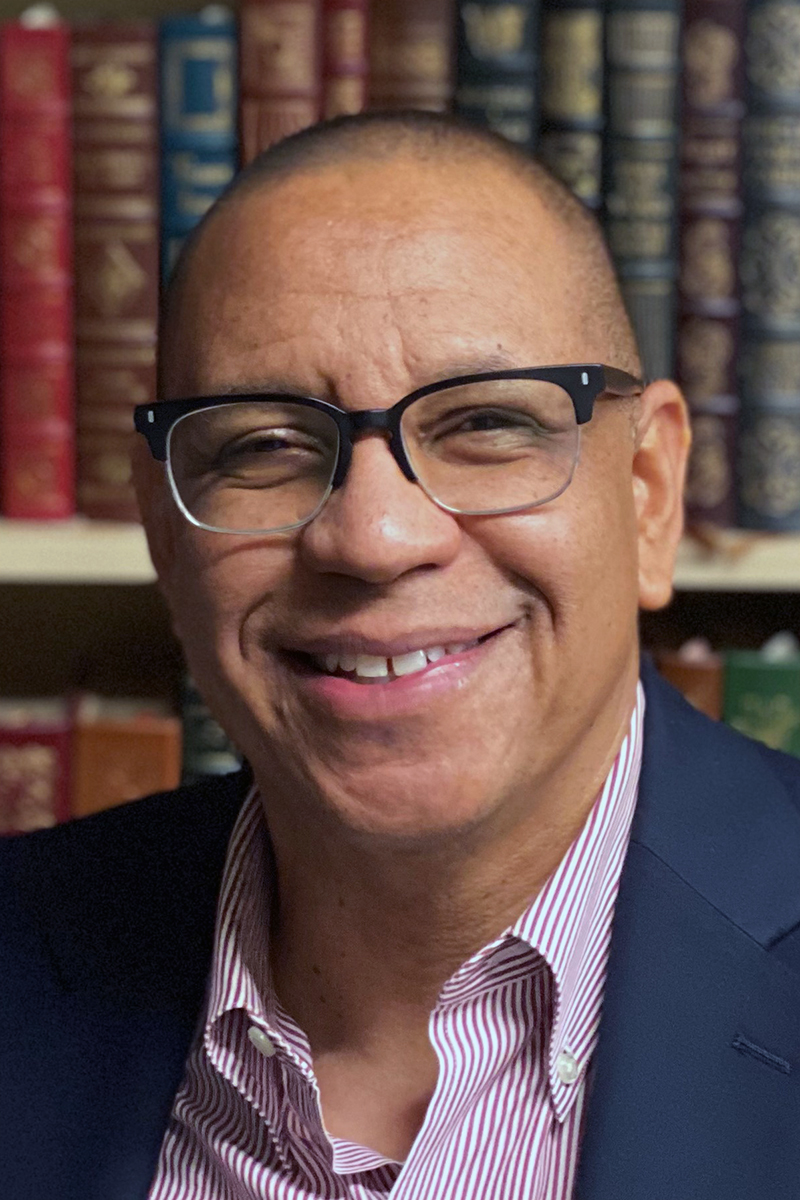Key points:
- God is calling the church to go beyond the traditional Sunday service and have “community worship services,” writes Pastor Dale G. Caldwell.
- Community services include prayer and Scripture reading, but also helping people in need.
- Churches that focus on loving their neighbors will be relevant to young people and grow in membership, Caldwell says.

Photo courtesy of the author.
Commentaries
In Matthew 22:36-40, Jesus makes it clear that the greatest commandment is: “Thou shalt love the Lord thy God with all thy heart, and with all thy soul, and with all thy mind.” He states that the second greatest commandment is: “Thou shalt love thy neighbor as thyself.” (King James Version)
This Bible passage not only makes it very clear how Christians should live, it provides powerful guidance on how the Christian Church should operate. Our traditional Sunday church worship services empower the congregation to “love the Lord with all thy heart, soul and mind.”
However, Christ is calling the church to do more than have a traditional Sunday service. God is calling us to have project-focused “community worship services,” where we worship the Lord by “loving our neighbors as ourselves” in a community in need.
Ideally, these weekly community worship services will open with a prayer and Scripture reading, and then those people gathered would feed the hungry, minister to senior citizens, tutor students struggling in school or do anything else to help the most vulnerable people in the community.
Whether we like it or not, social media has made it more important than ever to give a brand name to activities. The name “community service” is powerful because it is easy to understand, clearly differentiates itself from the traditional “church service” and appeals to people who want to help others.
I have learned that people under 30 have little interest in going to a beautiful church on Sunday morning where 100-year-old hymns are sung and a pastor preaches for 15 minutes or more. They are often intimidated by the church buildings and would rather praise God in an informal setting.
This generation seems to have little interest in traditional services but a strong passion for meaningful community service. They are more interested in the Christian “action” found in community services than the “talk” of traditional church services.
The good news is that churches do not have to operate community services alone.
Subscribe to our
e-newsletter
At Covenant United Methodist Church in Plainfield, we are working with the local Presbyterian and AME churches to establish regular “community services” focused on helping people in need.
As membership declines and young people avoid traditional denominations, God is sending us a clear message that traditional churches will continue to close unless we create a weekly worship service built around the second greatest commandment.
Every United Methodist church needs to ask itself the question: “Are we ready to grow our church by creating weekly community services that complement our traditional church services?”
Churches that answer this question with a “yes” will grow, while others will likely experience a steady decline in membership.
Caldwell is the pastor of Covenant United Methodist Church (CUMCP.com) in Plainfield and will become the 15th president of United Methodist-founded Centenary University on July 1, 2023.
News media contact: Tim Tanton or Joey Butler at (615) 742-5470 or [email protected]. To read more United Methodist news, subscribe to the free Daily or Weekly Digests.



